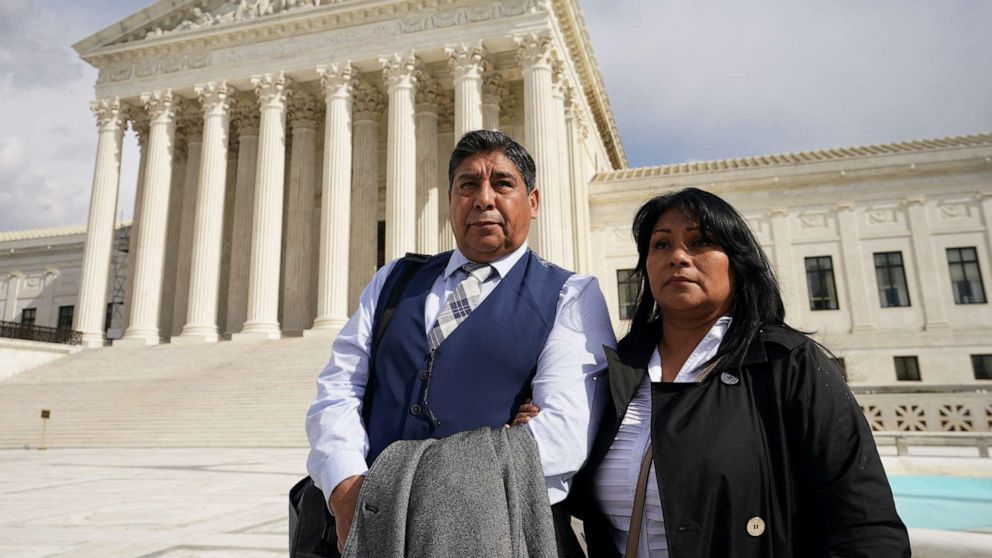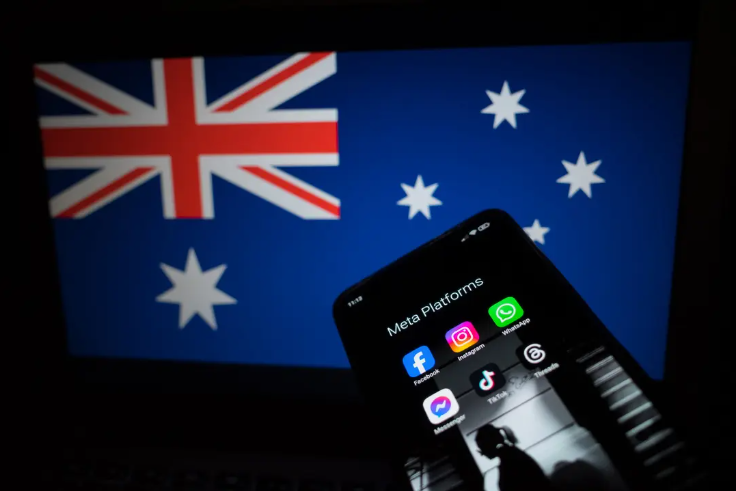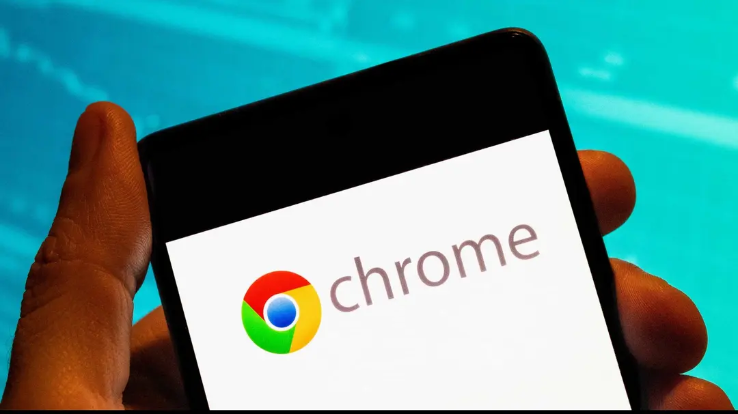SCOTUS Dismisses Social Media Liability Cases
In two SCOTUS decisions Thursday — Twitter v. Taamneh and Gonzalez v. Google — the US high court ruled that social media companies don't need special protections to avoid liability for hosting terrorist content.

Facts
- In two SCOTUS decisions Thursday — Twitter v. Taamneh and Gonzalez v. Google — the US high court ruled that social media companies don't need special protections to avoid liability for hosting terrorist content.1
- US relatives of Nawras Alassaf, a Jordanian man murdered during a New Year’s Eve attack in Istanbul in 2017, sought damages from Twitter for providing what they argued was "substantial assistance" to an "act of international terrorism" that left Alassaf and 38 others dead.2
- The 9th Circuit Court of Appeals allowed the lawsuit to continue, though SCOTUS ruled unanimously that the plaintiffs failed to show that the companies "gave such knowing and substantial assistance to ISIS that they culpably participated in the Reina attack."3
- In the other case, the family of a 23-year-old college student murdered in a 2015 Paris attack asked that Google be held accountable for content posted by third-party users, such as messages, images, and videos, but the court declined to hear the case.4
- After a lower court threw out the case, the Gonzales family hoped SCOTUS would take a look at Section 230 of the Communications Decency Act and shrink the protections the law offers to tech companies for content posted by users. Citing little evidence tying Google to the Paris attack, the court "decline[d] to address" the law.2
- The 1996 communications law essentially treats web platforms the same way it treats telephone providers, who cannot be sued for what their speakers say while using their technology.5
Sources: 1Washington Post, 2Al Jazeera, 3CBS, 4ABC News, and 5NPR Online News.
Narratives
- Pro-establishment narrative, as provided by American Civil Liberties Union. These decisions aren't just a win for tech companies but for the concept of free speech as a whole. If companies had to worry about liability for every post that potentially incited violence, they would have to resort to widespread censorship of certain topics and speakers. The internet is full of unimaginable amounts of speech, and it would be impossible and unethical for a corporation to curate the vast market of free expression.
- Establishment-critical narrative, as provided by Townhall. Forget telecom companies; there should be a focus on the similarities between tech platforms and newspapers, which can be held liable. As was seen in Sarah Palin's failed defamation suit against the New York Times in 2020, it's very difficult to sue media publishers, though not impossible. Tech companies should be held to the same standard — repealing Section 230 would allow them to retain most of the protections they've held for the past 30 years while also protecting victims, companies, and viewpoint diversity.






